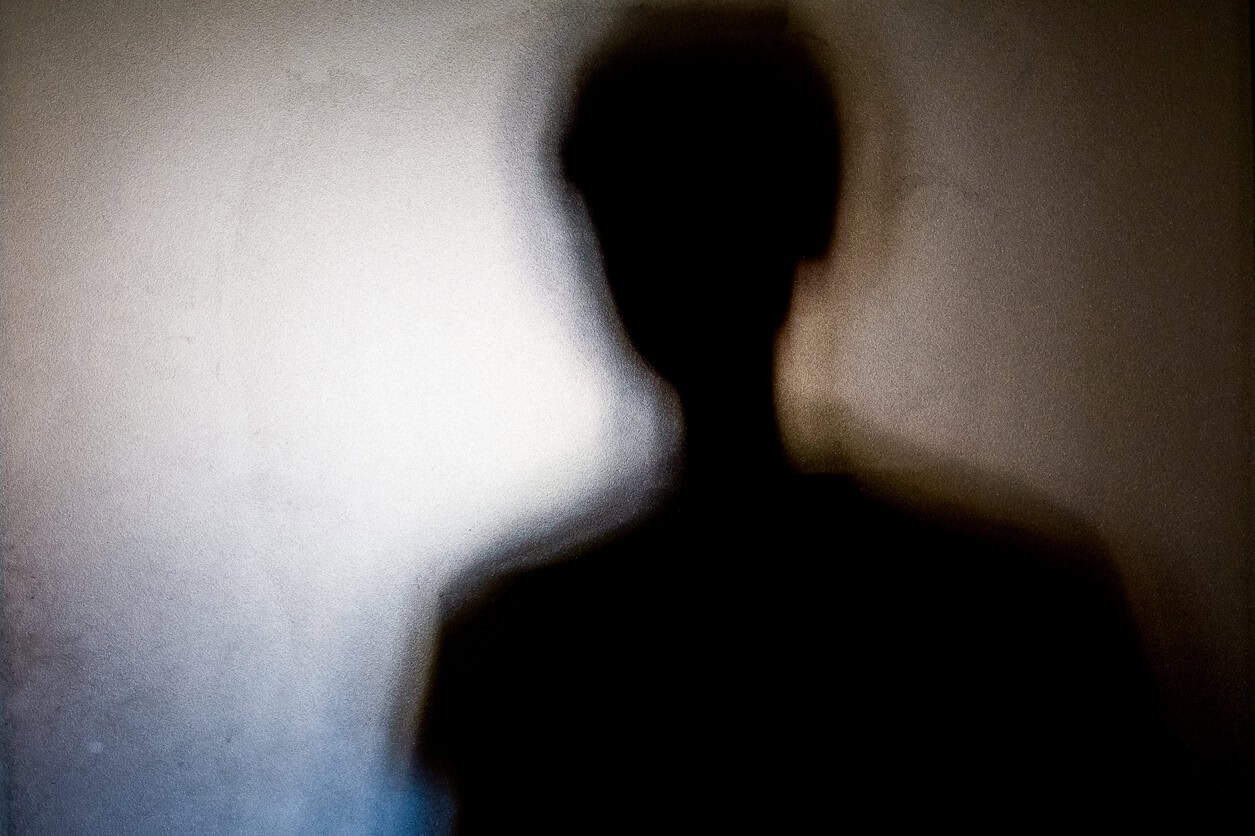What is shadow banning?
What if a social network removes a user's recognition and reach without their knowledge?
by MAIZE

Shadow banning is the go-to-means of silencing voices on social networks which the businesses deem inappropriate for their own platforms but which fail to violate their terms of service. Lately, it has appeared in the news thanks to findings that conservative voices are being silenced on social media sites such as Twitter – wherein accounts are failing to show up in searches despite huge followings.
From a libertarian standpoint, this is completely fine. Social Media companies are, after all, private entities. Therefore in theory, if they don’t want to serve customers, they don’t have too. The markets, at the end of the day, will decide.
However, when such companies take direction from heads of state, does this libertarian standpoint hold up? In 2015, German Chancellor Angela Merkel was overheard confronting Facebook CEO Mark Zuckerberg over incendiary posts on the social network, amid complaints from her government about anti-immigrant posts in the midst of Europe’s refugee crisis. Now it is not clear if Mr Zuckerberg took up Angela Merkel’s advice, but seeing as many conflate conservative views with the views of people concerned about migration, current developments regarding shadow banning mean that it stands to reason that she was not completely ignored.
One of the biggest issues with this is that many of these companies are the only ways in which people are able to voice their concerns with the rest of the world. Without access to such tools, they find themselves completely handicapped when it comes to getting their views across. When this issue intersects with the larger political landscape, this gives unfair advantage to groups which the owners of social networks sympathize with. This can in many ways then be viewed as a corruption of democracy, no matter which way your political leanings slide.
Last month, Vice news observed that a number of prominent conservatives and right-wing figures in America—such as the chair of the Republican National Committee—seemed to be demoted on Twitter: typing in the person’s name in the search box didn’t reveal their accounts. President Trump castigated the company, promising to “look into this discriminatory and illegal practice at once!” Twitter has since firmly denied charges it shadow bans the users: “We do not,” the company said in a statement at the time. In fact, it was cited as an unfortunate bug, which has now been remedied.
How times change: “We need to constantly show that we are not adding our own bias, which I fully admit is … is more left-leaning” Jack Dorsey, CEO of Twitter said at the end of August. Such change of tact does not help change the minds of 85% of Republicans (and those who lean Republican) believe social-media sites censor political views, according to Pew Research.
Recent developments such as the banning of conservative conspiracy theorist, Alex Jones (of InfoWars infamy), by all but one of the major content platforms does little to mitigate these concerns either. Facebook, Apple, YouTube and Spotify all banned Mr. Jones in unison, within a matter of hours. The odds of the alternative, that it occurred without any conspiring at all, are minute to say the least. Conspiracy afoot!(?)
Which is another side effect of this shadow banning. Not only does it give credence to conspiracy theorists, increasing the reach they have and therefore completing the opposite goal of what the shadow banning was suppose to achieve. But, perhaps more importantly, it drives these voices underground. Many people watched Alex Jones, not because they supported his views, but just to see what the other side of the debate was saying, to keep tabs on current thought. Without the yin to the yang, the echo chamber of social media grows, leading to more and more of the same imbalanced debate as what we currently witnessing anyway. Expect more surprise results such as Brexit and the Trump presidency in the future.
Similarly, Facebook has begun to assign its users a reputation score, predicting their trustworthiness on a scale from zero to 1. This is of course to help with Facebook’s long embattled problems with fake news, but, almost immediately, problems arise. To be clear, this this does not mean that there is a single unified reputation score that users are assigned, this reputation score is among thousands of new behavioral clues that Facebook now takes into account as it seeks to understand risk. However, the risk that whoever programs these algorithms incorporates their own personal biases into them, and the fact that users cannot access these algorithms or ratings for themselves seems to be a recurring theme when talking about censorship and Social Media.
As we reported in a previous Long Story Short segment, What is the AI Black Box Problem?, these algorithms must require some level of transparency if the social media giants wish to subdue user concerns regarding censorship, otherwise they are likely to be either accused or fall into the same mistakes time and time again.
So what is shadow banning? It can be viewed as just another example of the difficulties in policing fake news online, or it can be viewed as a more sinister attack on freedom of speech and a form of borderline indoctrination. In any case, it seems that the McCarthian attitude to censoring the other’s position can no longer be attributed to just one side of the political debate. Only time will tell how successful this approach really is.



